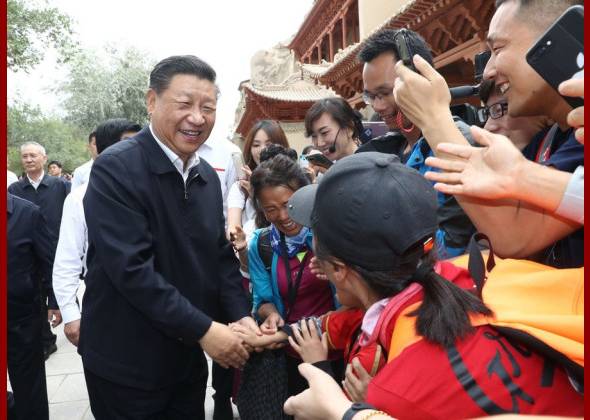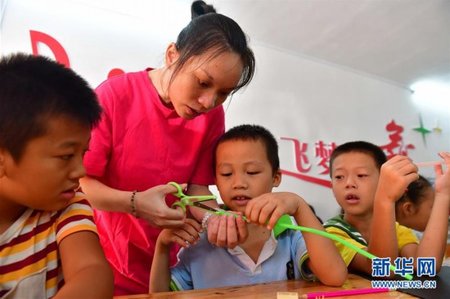2020/12/16 11:15 CULTURE
NPC Mulls Revision to Organ Donation Rules
The donation of a dead body or its organs is prohibited if the deceased has not previously formally consented. But that could change as lawmakers seek legal solutions to ease the country's severe shortage of organ donors and cadavers for research.
A proposed revision to the draft civil code made public on Thursday would lift the restriction by giving close relatives the right to decide on donation issues on behalf of their departed loved ones, as long as the deceased had not previously rejected that option.
A revised draft of the code's section on personal rights said spouses, adult children and parents of the deceased must all agree on donating a departed relative's body or organs for it to be legal. It has been submitted to the bimonthly session of the National People's Congress Standing Committee, the top legislature, which opened Thursday, for a second review.
While making a report to the session, Shen Chunyao, deputy director of the top legislature's Constitution and Law Committee, said the change was aimed at bolstering the development of medicines and promoting the core values of a socialist society.
China has seen a marked increase in organ donors in recent years, with the donor rate reaching 3.72 percent in 2017, compared with only 0.03 percent in 2010, according to national health authorities.
But the number still ranks among the lowest globally.
Though experts see writing the implied consent principle into law as an attempt to catch up with global practices, many expect it will have only a limited effect in boosting body and organ donation rates in China.
"In most cases in China, it is the family members of the deceased who oppose donation, even if the donor has given consent," said Yang Anrong, a former cemetery manager in Hubei province.
Chinese people generally believe that burial brings peace to the deceased and that cuts on bodies are stigmatizing. That means children who agree to donate their parents' bodies could be judged by neighbors and relatives as unfilial.
(Source: chinadaily.com.cn)
Explore further
| China to Raise Awareness of C | China Issues Guideline to Pro |
| Xi Urges Chinese Air Force to | Taiwan's Unemployment Rate Im |
| China Sees Rapid Growth in Pr | Xi Highlights Poverty Relief, |









